 SMALL TORQUE
SMALL TORQUE
Dr. Manfred Duernholz, Joint MD of Bosch Limited tells Sarmad Kadiri that India could be sitting on a heap of opportunities in terms of low cost diesel technology

The office cabin was abuzz with the energy of Dr. Manfred Duernholz. He has been with the Robert Bosch GmbH for close to a decade now and is currently the Joint Managing Director of Bosch Limited. After living in India with his family for the last couple of years, he has started to understand and hence enjoy the Indian culture, the temperament and the diversity of our country. More importantly for us, he has intensified the alliance between Bosch India and the company’s German headquarters. The firm sees excellent growth prospects for what they term as Low Price Vehicles (LPVs) i.e., cars below Rs 5 lakh. According to Dr. Duernholz, this segment is developing nearly twice as fast as the overall car market.
The reason we are talking about it here is because similar low cost technology is already thrumming under the hood of cars at every crossing. Dr. Duernholz reminds us that though this technology is still at a nascent stage and it needs further refinement, it is on the right track. He said, “What the so-called ‘high-end’ market can learn from India in terms of diesel technology is value for money, fuel consumption and low cost of ownership. CO2 which is now a hot topic in Europe has been a concern indirectly in India because of the demand for low fuel consuming vehicles. With Europeans increasingly turning towards smaller cars, this is a unique chance for India. We simply have to do our homework right.â€
But there was something about the low cost technology funda that was nagging me. Engineers have to reduce some parts to make the technology more affordable. But how much of a compromise is it? He was quick to clear my doubts. Sometimes, the development process progresses at a faster rate in the beginning but in the later stages of the project, it slows down. So if one has to rollback to the stage where the development starts to become somewhat slow then the compromise becomes almost negligible.
Now I really couldn’t resist asking what they gained from the world’s cheapest car project, the TATA Nano? Again Dr. Duernholz floored me with his wit and said, “It truly wasn’t the money (Smiles). There has definitely been some understanding and in future this will be translated into business.†It was a challenge for Bosch to solve this. It made them think out-of-the-box and provide clever value for money solutions.
Since the Joint MD of Bosch speaks highly of diesel, I wanted to know whether it is petrol or diesel that is closest to his heart and he quipped, “I have a big heart and have space enough for both.†He further added, “It would make no sense for my company to push just diesel, if for example I was a fan of diesel. On the other side you cannot ignore the positive aspects of diesel.â€
When asked about this view on alternate fuels, Dr Duernholz was quick to reply that some people feel Bosch does not support it. He said, “We manufacture very high pressure hydraulically systems, so we have to know what kind of fuel we have to work and test on. Under the name of bio-fuel people sell everything and the quality is often not consistent. We are not against alternate fuels, but someone should be responsible for the quality control.†His advice to people is that be it petrol or diesel, the engines must meet the Euro IV norms so that both concepts have more or less the same emission values. Petrol with catalysts is cleaner than diesel with respect to NOS emissions. In comparison, diesel engines have 20-30 percent better CO2 emissions under real life conditions and often give better mileage. So the decision is of the end customer.
Just before I was to take his leave, in a surprise discovery I found out that Dr. Duernholz has a personal pet project where he is working on an advanced diesel engine for his Royal Enfield. At the moment, it’s just a hobby for him but he says that for India to have a really cheap commuting solution for rural areas, a readily available fuel makes sense. Could this be Bosch’s next big project for India? We guess only time will tell.
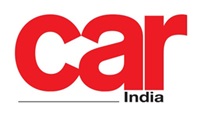



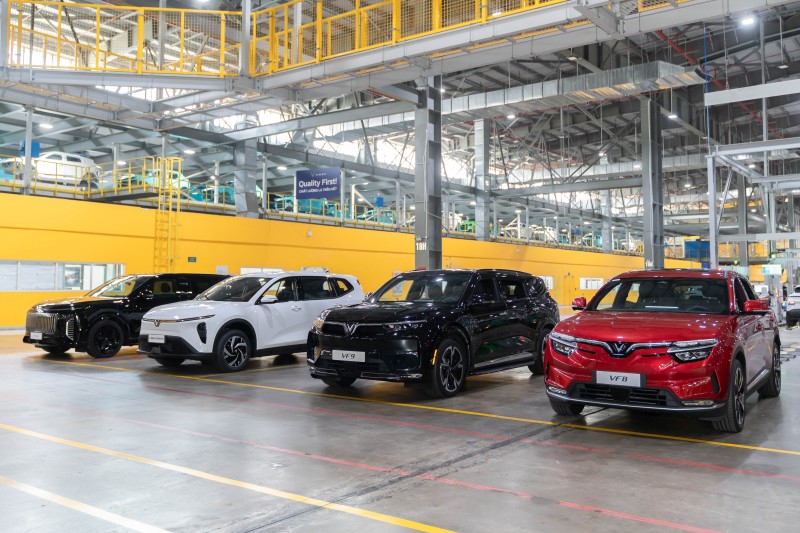
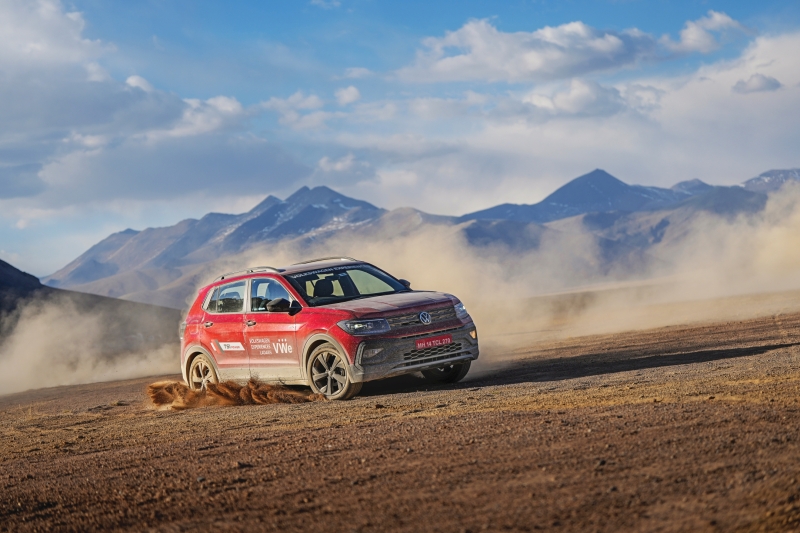
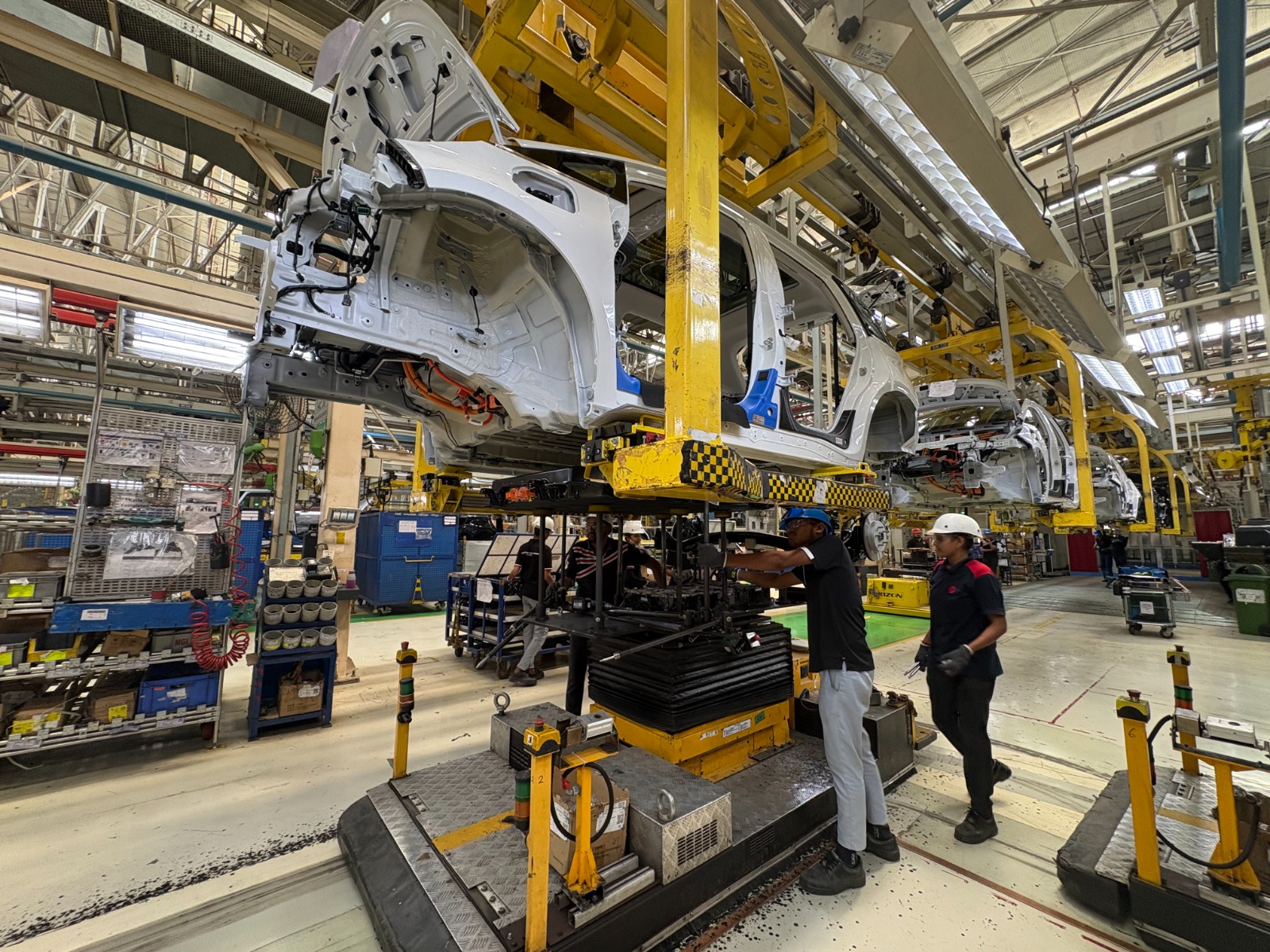
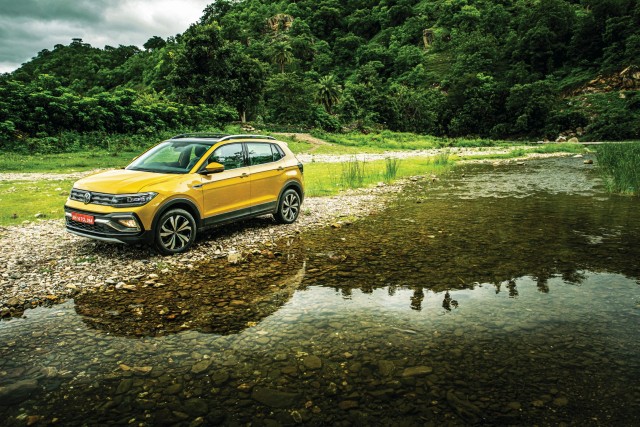
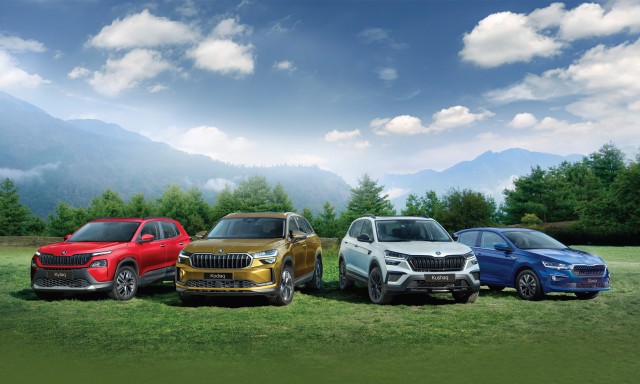
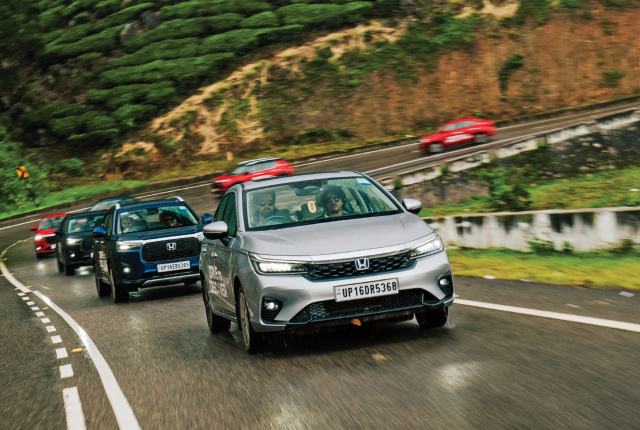
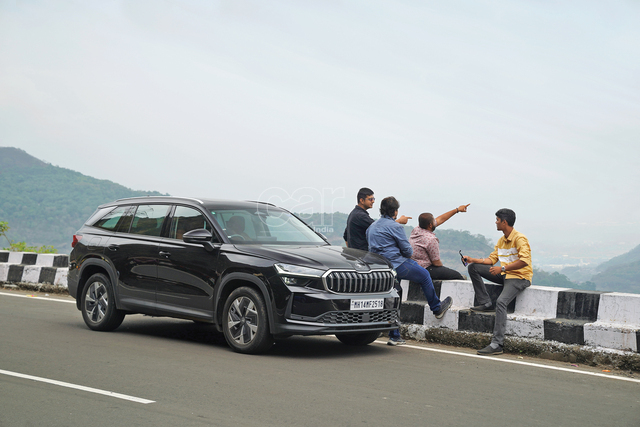


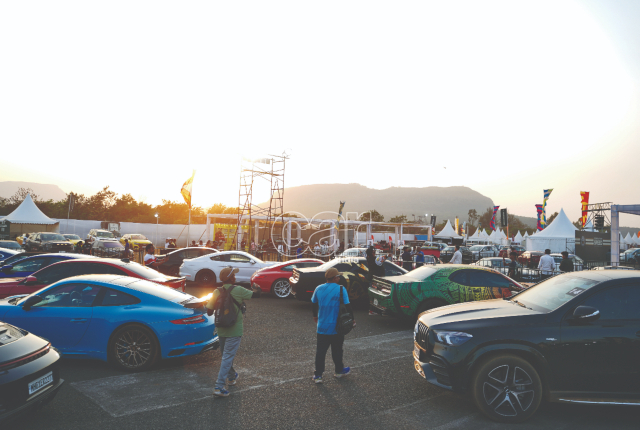
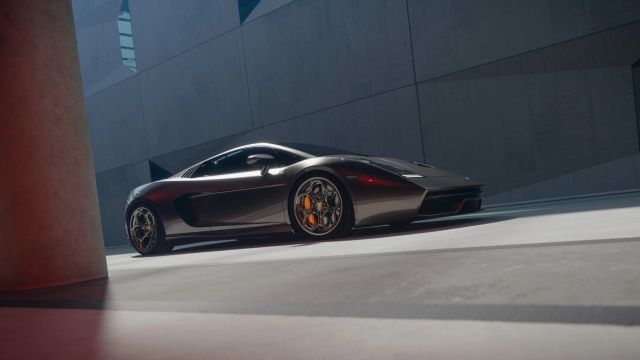
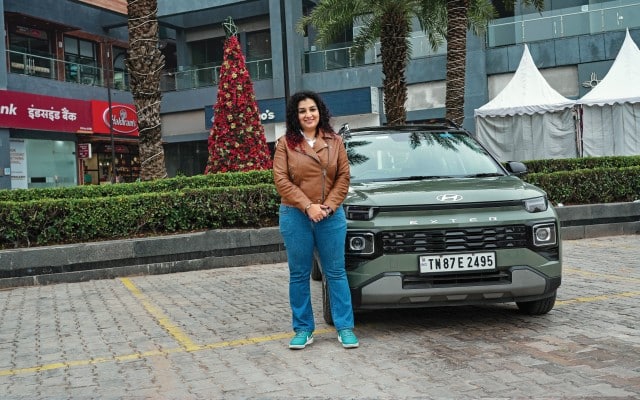
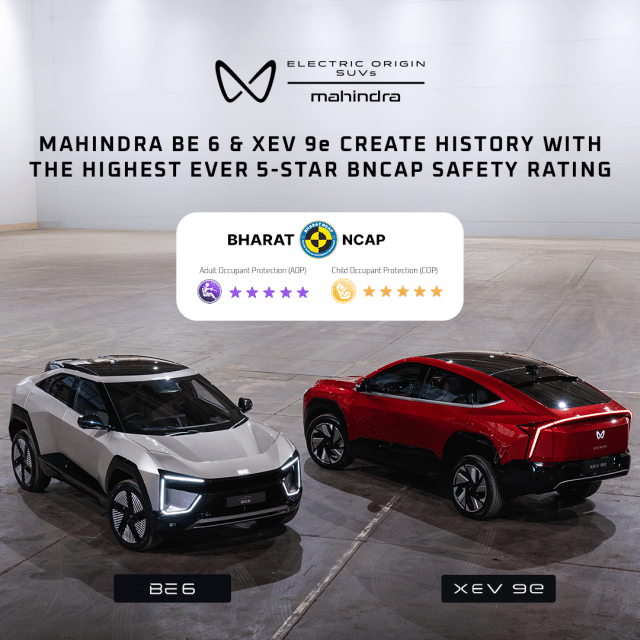
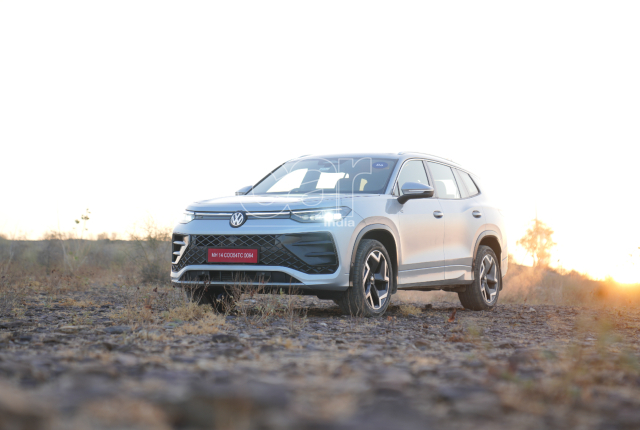

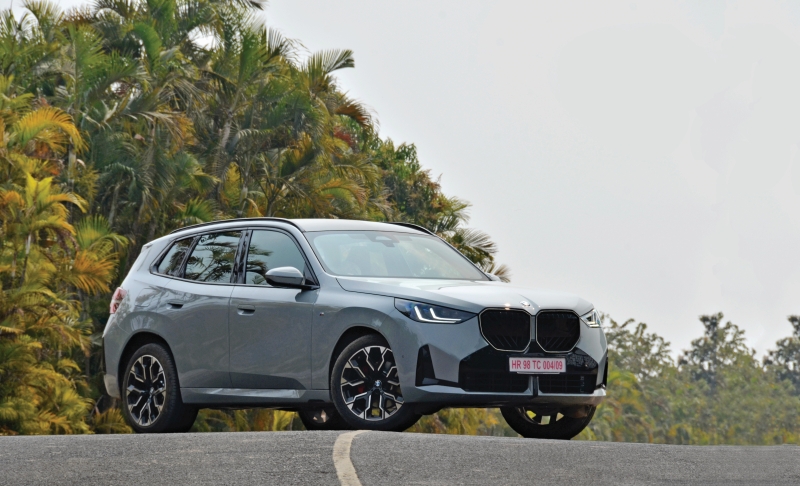

Leave a Reply